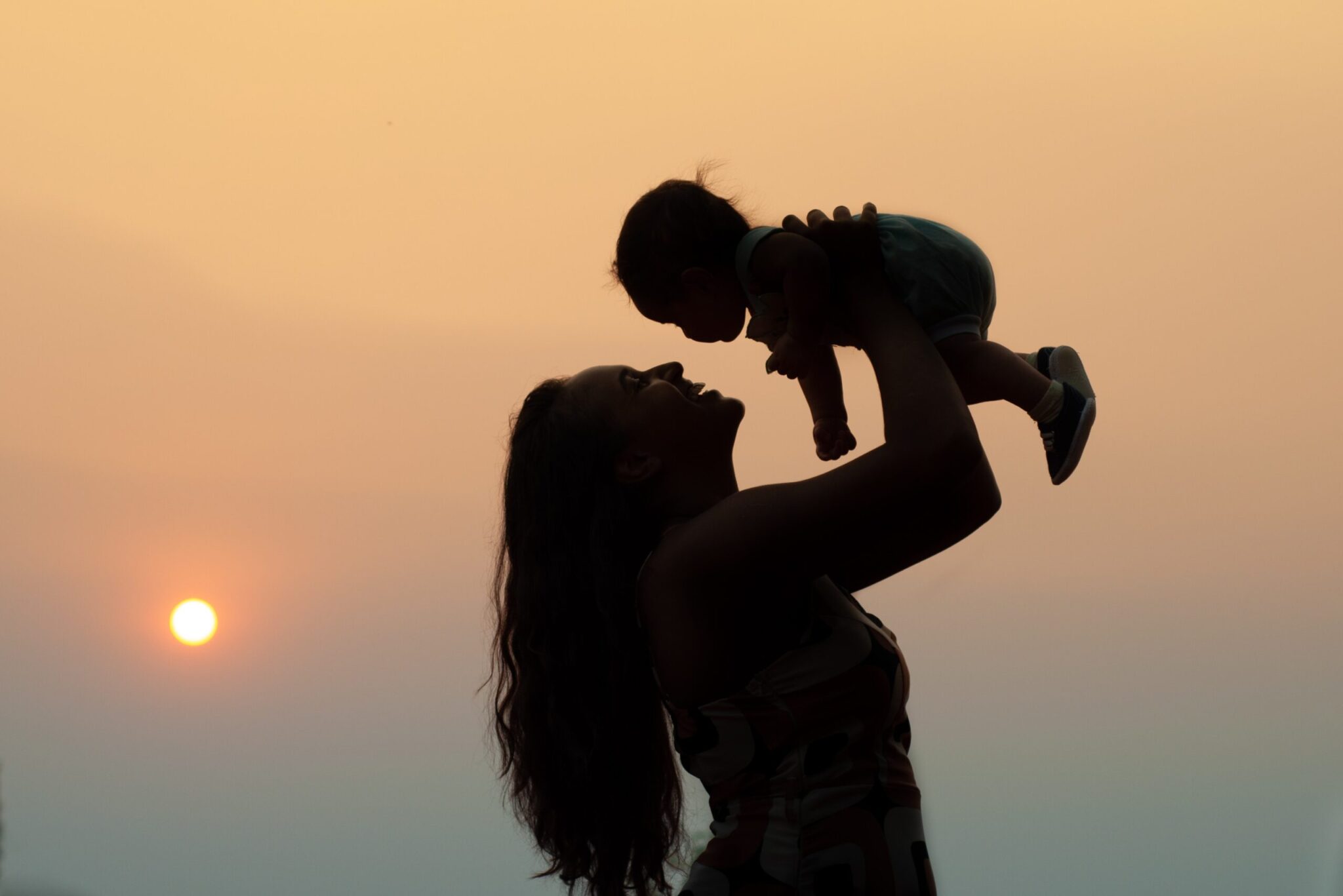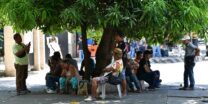SOLO parents don’t have it easy. Raising a child can be challenging enough, but doing it singlehandedly can take its toll physically, emotionally, and financially on people who have to act as both mother and father.
This is why the government decided to ease their burden by providing them with a host of benefits.
One of these is a 10-percent discount and value added tax exemption on the purchase of certain products such as baby’s milk, diapers, medicines, and supplements. This only applies to solo parents with children aged six and below and who are earning less than P250,000 annually.
The Bureau of Internal Revenue recently released guidelines to implement this provision of the Expanded Solo Parents Welfare Act or Republic Act 11861, which was enacted in June 2022.
As of 2021, there were an estimated 14 million to 15 million solo parents in the Philippines, majority of them women.
What other benefits do they enjoy?
Aside from the discounts, solo parents earning minimum wage and below also get a P1,000 cash subsidy per month, which is allocated by the local government.
But the solo parent must not be receiving any cash assistance or subsidy from other government programs, unless these are senior citizen or PWD benefits.
They also get automatic coverage under the National Health Insurance Program of the Philippine Health Insurance Corporation, with the premium contributions paid by the national government.
The law also states that solo parents, especially solo mothers, get priority in re-entering the workforce. They and their children also get priority in apprenticeships, scholarships, livelihood training, reintegration programs for OFWs, employment information and matching services, and other poverty alleviation programs of government agencies.
They are also the priority in the allocation of housing projects and are entitled to liberal terms of payment on government low-cost housing projects.
To enjoy the benefits, they must have a Solo Parent Identification Card.
Employment perks and protection
Some solo parents experience stigma, and the law seeks to protect them from this.
The law states that employers are prohibited from discriminating against employees who are solo parents with regard to the terms and conditions of their employment.
It also says employers may enter into a telecommuting program agreement with workers who are solo parents.
Solo parent employees who have worked for at least six months, regardless of employment status, are also entitled to a forfeitable and noncumulative parental leave of not more than seven working days with pay every year.
This will be on top of leave privileges under existing laws and will be available to employees in the government and the private sector.
Helping hands
The Department of Labor and Employment and the Civil Service Commission are also tasked to encourage the establishment of child minding centers within the workplace or in locations accessible to the workplace and residences of the solo parents.
They should also encourage working mothers who are solo parents to practice breastfeeding in the workplace.
Educational benefits
Solo parents, as well as their children, are also entitled to scholarship benefits.
The law tasks the Department of Education, Commission on Higher Education, and Technical Education and Skills Development Authority to provide scholarship programs for solo parents and a full scholarship for one child of a solo parent.
The children will also be given priority in the government’s education programs.
To enjoy these perks, the children must be 22 years old and below and must be dependent on the solo parent for support, unmarried, and unemployed.
Social safety
During disasters, calamities, pandemics, and other health crises, solo parents and their children are also entitled to social safety assistance such as food, medicines, and financial aid to repair damaged homes.
Who is considered a solo parent?
There are several different types of solo parents, and these are not exclusively birth parents.
Those considered solo parents are the following:
- A parent who provides sole parental care and support for the child or children due to birth as a consequence of rape; death of the spouse; detention of the spouse for at least three months or service of sentence for a criminal conviction; physical or mental incapacity of the spouse; legal or de facto separation for at least six months; declaration of nullity or annulment of marriage; and abandonment by the spouse for at least six months.
- The spouse or any family member of an overseas Filipino worker or the guardian of the child or children of an OFW who is a low or semi-skilled worker and has been away from the Philippines for 12 continuous months.
- An unmarried mother or father who keeps and rears the child or children.
- Any legal guardian, adoptive or foster parent who solely provides parental care and support to a child or children.
- Any relative within the fourth civil degree of consanguinity or affinity of the parent or legal guardian who assumes parental care and support of the child or children as a result of the death, abandonment, disappearance or absence of the parents or solo parent for at least six months. Solo grandparents taking care of their grandchildren may also enjoy the benefits provided by the law.
- A pregnant woman who provides sole parental care and support to the unborn child or children.
Adolescent solo parents
Adolescents who are solo parents, as well as victims of child marriages, are entitled to receive assistance from the Department of Social Welfare and Development and the Department of Health.
Termination of benefits
Only a solo parent who Is actually caring for and supporting the child can enjoy the benefits provided for in the law.
A solo parent will not lose his or her benefits if the other parent provides occasional assistance or seasonal gifts that do not meet the legal requirement of support under The Family Code of the Philippines.
A solo parent will be ineligible to enjoy the benefits under the law if there are changes in his or her status and circumstances.
Penalties
Refusing to provide benefits under the law to solo parents will have consequences.
First offenders will face fines ranging from P10,000 to P50,000 or imprisonment of six months to one year, or both.
Subsequent offenses will be penalized with fines ranging from P100,000 to P200,000 or one to two years jail time, or both.
Authorities may also cancel or revoke the business permits or franchise of businesses that fail to abide by the provisions of the law.
Fake solo parents
Those who misrepresent their status or falsify documents to enjoy the benefits of solo parents, as well as those who abuse their privileges and benefits, will face fines of up to P50,000 and imprisonment of six months to one year, or both.
If the offender is a government employee, and the offense was committed in the exercise of official duties, he or she will be removed fro office and perpetually disqualified from holding public office, in addition to other penalties.








